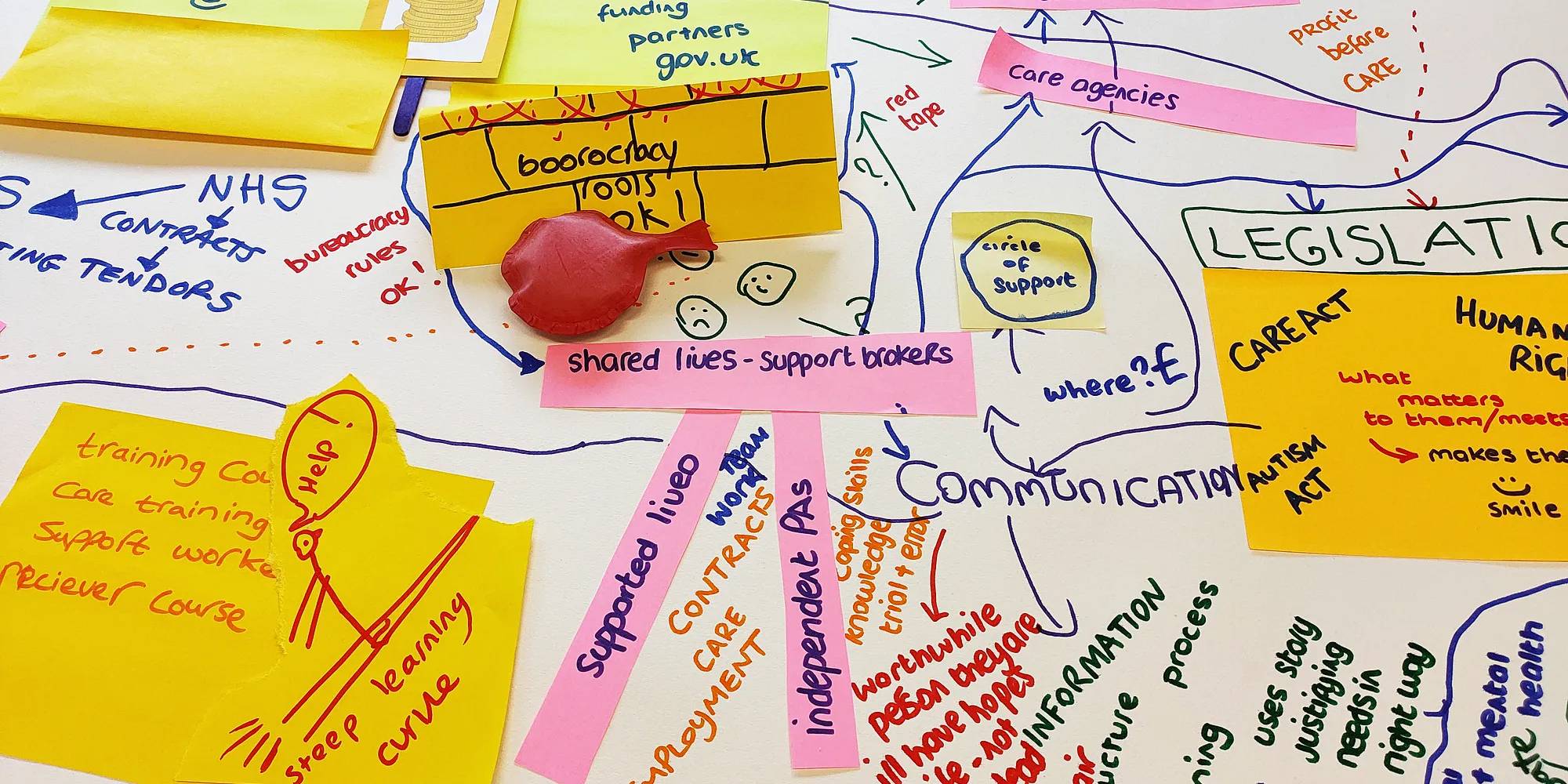How do you create a shared digital infrastructure for making care open, accountable and transparent? In this blog post we explore the state of data about social care in the UK, how we’re working with Equal Care to improve it, and what needs to be done next.
If you’re trying to use open data to understand the quality of social care, at the moment your options are limited. As Emma Back from Equal Care puts it “people receiving care and support commissioned and procured by councils and the NHS cannot see what service providers have committed to, nor can they participate in holding them to informed account”.
At Open Data Services, we aim to make open data useful, usable and in use. We’ve been working with Equal Care — a multi-stakeholder social care co-operative — on the Health Foundation’s Strengthening Social Care Analytics programme. Our aim is to create a shared digital infrastructure for making care open, accountable and transparent.
In this blog post we explore the state of data about social care in the UK, how we’re working with Equal Care to improve it, and what needs to be done next.
The state of social care data
Social care commissioners in the UK are underfunded. Services are outsourced, and contracts often specify the need to minimise costs. As a result, providers are incentivized to put money ahead of quality of care.
For example, some care providers use algorithms to assign carers that prioritise maximising the number of visits a workforce can make over consistency of care. This means that people who receive care often don’t know who will be visiting them from one day to the next. Contracts are more likely to be awarded to these companies because they are cost effective, and perform well against existing metrics — but there’s little data we can use to measure how well this works for people who give and receive care.
What data do people who give and receive care want commissioners to collect? And how should that data be modelled?
The Strengthening Social Care project will answer these questions by focusing on a specific social care contract with Calderdale Council, providing a more holistic framework for commissioners for monitoring social care contracts.
Uncovering what really matters to people who give and receive social care
The first step of our project has been to find out what people want to know about social care contracts. Over the course of four co-design workshops, we’ve been talking with people who give and receive care, as well as commissioners, social workers and other care providers. We used Rich Picture Diagrams, a well established technique, to understand people’s experience of social care procurement, and create productive conversations that will then inform our work.
Next, we’ll be working with Maria-Christina Vogkli, a research student in the Department of Sociology at the London School of Economics, who will be leading work to group the subjects raised in these discussions into themes. We’ll then build on this thematic analysis to create technical recommendations for monitoring and measuring social care contracts based on the information attendees of the workshops say is useful.
Ultimately, we want to create an open data model for the Calderdale contract that is participative, and reflects the needs of people who are involved in social care.
Shifting power dynamics using open data
Strengthening Social Care Analytics is a practical example of two cooperatives working together to shift power dynamics around open data. It’s an opportunity to create a data model based on what people involved in social care want to know, to put that data to use, and explore how contracts can be designed to better meet the needs expressed by people who give and receive care.
In the long run, we hope this project builds the case for further work to understand how to collect data about social care that puts people — rather than costs — first.
